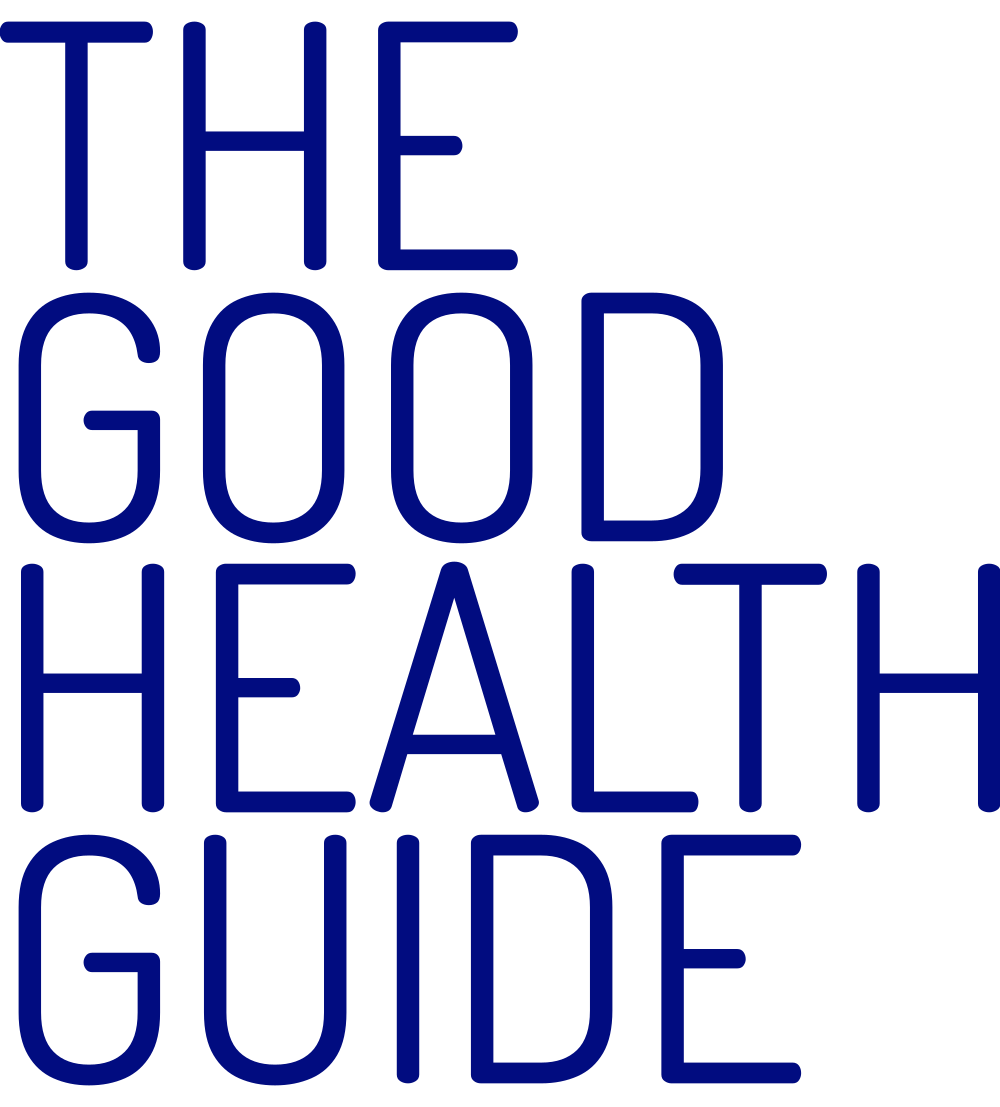Nutrition plays a pivotal role in men’s bodybuilding, determining the effectiveness of workouts, muscle growth, and overall health. However, there are several misconceptions prevalent in the fitness community that can hinder progress and lead to suboptimal results. Let’s debunk five common myths about nutrition for men’s bodybuilding.
Misconception 1: High Protein Diet is All You Need
It’s a widespread belief that consuming copious amounts of protein is sufficient for muscle growth. While protein is indeed crucial for repairing and building muscle tissue, relying solely on protein neglects other essential nutrients vital for overall health and muscle function. A balanced diet incorporating carbohydrates, fats, vitamins, and minerals is essential for optimal performance and recovery.
Misconception 2: Carbohydrates Should Be Avoided
Carbohydrates often get a bad rap in the fitness world, with many associating them with weight gain. However, carbohydrates serve as the body’s primary source of energy, particularly during intense workouts. It’s not about avoiding carbohydrates altogether but choosing the right types – opting for complex carbohydrates like whole grains, fruits, and vegetables, which provide sustained energy without spiking blood sugar levels.
Misconception 3: Fats Are Detrimental to Muscle Building
Contrary to popular belief, fats are not the enemy of muscle building. Healthy fats, such as those found in avocados, nuts, and fatty fish, are essential for hormone production and nutrient absorption. They provide a concentrated source of energy and support overall health, including cardiovascular function and brain health. It’s the excessive consumption of unhealthy fats like trans fats and saturated fats that should be limited.
Misconception 4: Supplements Replace Whole Foods
Supplements are often viewed as a shortcut to achieving fitness goals, leading many to believe they can replace whole foods entirely. While supplements can complement a balanced diet by filling nutritional gaps, they should not be relied upon as a substitute for real food. Whole foods offer a plethora of nutrients, fiber, and phytochemicals that cannot be replicated in supplement form. Supplements should be just that – a supplement to a nutritious diet, not a replacement.
Misconception 5: Caloric Intake Doesn’t Matter if You’re Eating Clean
While the quality of food matters, quantity is equally important when it comes to achieving fitness goals. Eating clean, nutrient-dense foods is undoubtedly beneficial for overall health, but caloric intake still plays a significant role in weight management and muscle building. Consuming more calories than the body needs, even from healthy sources, can lead to weight gain. Conversely, being in a caloric deficit is necessary for fat loss. Balancing clean eating with appropriate portion sizes is key to achieving desired results.
Conclusion
In conclusion, understanding the truth behind common misconceptions about nutrition is essential for men engaged in bodybuilding. By debunking these myths and adopting a balanced approach to nutrition, incorporating adequate protein, carbohydrates, fats, vitamins, and minerals, individuals can optimize their performance, support muscle growth, and enhance overall health.
FAQs
- What is the best pre-workout meal for men?
- A balanced meal containing carbohydrates and protein, such as oatmeal with Greek yogurt and fruit, provides sustained energy for workouts.
- Can men build muscle without supplements?
- Yes, men can build muscle through a combination of resistance training, proper nutrition, and adequate rest without relying on supplements.
- How much protein do men need for bodybuilding?
- Men engaged in bodybuilding typically require 1.2 to 2.2 grams of protein per kilogram of body weight daily to support muscle growth and repair.
- Is it okay to eat carbs after a workout?
- Yes, consuming carbohydrates after a workout replenishes glycogen stores and aids in muscle recovery and growth.
- Should men avoid fats altogether?
- No, men should focus on consuming healthy fats from sources like avocados, nuts, and olive oil, while limiting intake of unhealthy fats.

